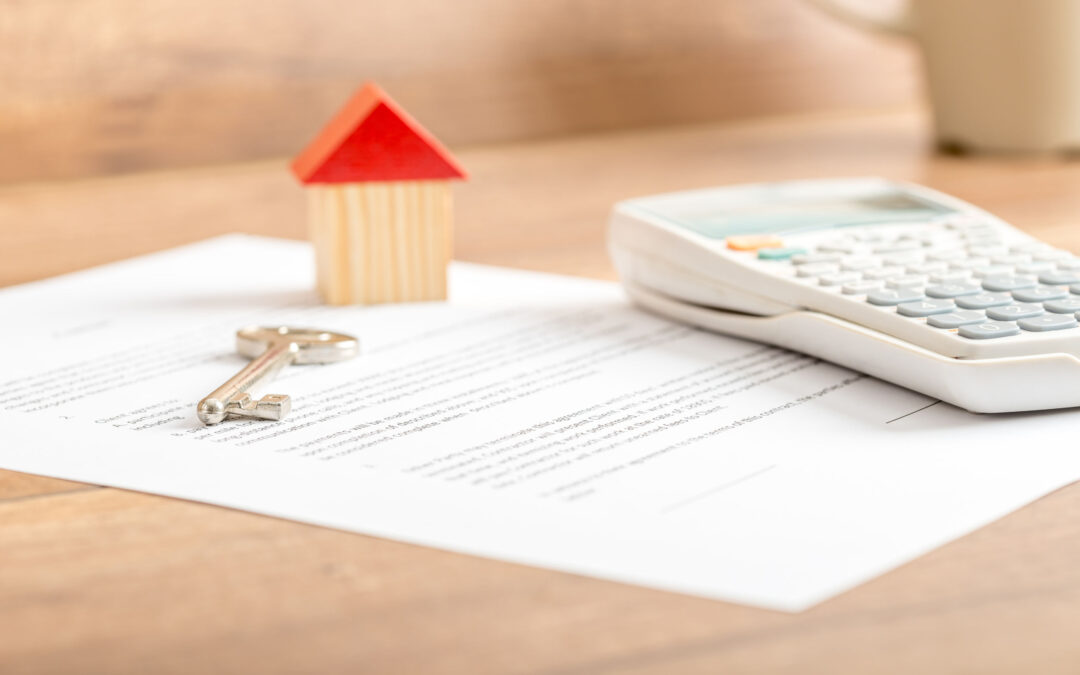As a homeowner, you want to ensure you’re making the right financial decision about your mortgage. Refinancing your mortgage can be a great way to save money in the long run, but should you refinance your mortgage? Read on to learn more about whether refinancing your Maryland property is a good option for you.
What You Need to Know about Refinancing Your Maryland Home
Decreased Rate of Interest
Refinancing a house means taking out a new mortgage to replace an existing one. This is typically done to reduce the interest rate on the loan, resulting in lower monthly payments or a shorter loan term, which is called a Rate/Term Refinance. A lower interest rate can save you a significant amount of money over the life of the loan. It can also help you pay off your mortgage faster.
For example, if you initially took out a 30-year fixed-rate mortgage at 7% and then refinanced to a 15-year fixed-rate mortgage at 4%, you could save thousands of dollars in interest payments over the loan term and possibly without a significant increase in payment.
We often have clients ask us for a “Rule of Thumb” for when it makes sense to refinance, and the answer is there simply isn’t one. Clients often ask, do I need to save 0.5% or 1% to make a refinance worth it? And the answer is always “it depends”! How much you will need to reduce the rate to make the refinance make sense depends on your specific circumstances.
As we help clients make that determination, the primary factors we will consider are how long the client intends to remain in the home and the loan balance. For example, if you have a $200,000 loan mortgage and plan on moving and selling your house next year, a refinance probably doesn’t make sense even if you can reduce your rate by 1% or more—the interest savings on a smaller loan amount over a relatively short period of time and won’t offset the cost. However, if you have a $750,000 loan balance and plan on being in the home for the next 20+ years, even a decrease in the rate of less than .5% might be worth refinancing for as the cumulative savings in interest over the next 20+ years on that higher loan amount will almost certainly exceed the cost of the refinance.
We can help you determine if the long-term savings are worth the upfront costs of refinancing.
Cash-Out Refinance
A Cash-Out refinance is a type of mortgage refinancing in which a homeowner borrows additional funds beyond the amount necessary to pay off their current mortgage loan. The borrower typically receives funds in a lump-sum payment, uses the money to pay off their existing mortgage, and keeps the remaining funds for other purposes.
Cash-Out refinance loans are often used to pay for large expenses such as home improvements, additions, swimming pools, and college tuition, or to invest in the acquisition of investment real estate. Other times refinance loans are used to pay off and consolidate higher interest or higher payment debt.
A Cash-Out refinance used for debt consolidation would allow you to combine multiple debts into one loan. With a Cash-Out refinance, the homeowner can pay off most of, or all of, their debts at once and replace them with a single loan, typically with a lower interest rate and lower monthly payment than the aggregate debts and related payments. This can be a great way to reduce the overall cost of debt and make it more manageable. You can use the money saved on interest to pay down the loan faster or use it to pay off other debt. This can help you get out of debt faster and save money in the long run.

Convert the Loan Type
Converting the loan type is another reason to refinance a house. For example, if you currently have an adjustable-rate loan and are concerned that rates may move up in the future, you may want to refinance into a fixed-rate loan in order to lock in a fixed rate that won’t increase in the future. If you purchased your home with an FHA mortgage, it often makes sense to refinance into a conventional mortgage a few years later once you have additional equity in the house, as FHA loans generally require you to pay mortgage insurance premiums for the life of the loan, regardless of how much equity you have built through appreciation and monthly principal payments.
Is Refinancing a House in Maryland a Good Idea?
Refinancing a house in Maryland can be a good decision under the right circumstances. If you can qualify for a lower interest rate than what you currently have, refinancing can save you money and be a great decision. Additionally, if you have a lot of equity in your home, you may be able to use cash-out refinancing to access some of that equity.
At Harborside Home Loans, we specialize in providing our clients with the best advice on home financing. Call us today for a quick consult and find out if refinancing is the right option for you.

